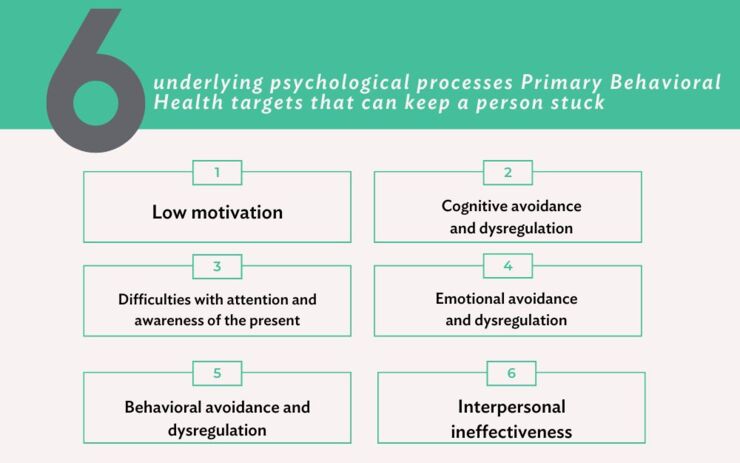Disordered Eating VS Eating Disorders
Posted on 05/09/13 12:02:pmOften times when people hear the term “disordered eating,” they assume it’s another way of saying one has an eating disorder. However, these terms are not interchangeable. With an eating disorder, food intake and weight issues consume your thoughts and actions making it nearly impossible to focus on anything else; it is a mental illness. Eating disorders often cause multiple, serious physical problems and, in severe cases, can become life-threatening. On the other hand, disordered eating is much more common and symptoms typically occur less frequently than those of an eating disorder. Changes in eating patterns due to temporary stressors, athletic events, or even an illness would be considered disordered eating. Disordered eating can be defined as an unhealthy relationship with food; whereas an eating disorder is a psychiatric illness that is far more complex.
Although both diagnoses are cause for concern, there are signs to look for to know whether this is a temporary change in eating patterns or a mental illness. Both eating disorders and disordered eating can be recognized by certain red flags, yet these symptoms remain constant in those with an eating disorder. Indications of either diagnosis include:
- Restrictive dieting/skipping meals
- Binging
- Purging
- Laxatives/Diet Pill abuse
These symptoms will demonstrate the unhealthy relationship the individual has developed with food and eating habits. However, the following symptoms may only be apparent in those with an eating disorder due to the psychological effects:
- Withdrawing from social activities
- Distorted body image
- Persistent concern about being “fat”
- Frequent mirror checking
- Feeling ashamed, sad or anxious
- Obsessive thinking about food, weight, shape
- Compulsive activity
As the signs and symptoms illustrate, individuals with both disordered eating and eating disorders will develop atypical eating habits which can lead to nutritional deficiencies. One concern for those with disordered eating is that it can lead to an eating disorder. Monitoring the individual and helping them maintain healthy eating habits is crucial to avoid this from happening. When the unhealthy eating patterns become persistent and more frequent, and other symptoms, such as the psychological ones, begin to occur, the individual should seek medical help.
Those with disordered eating develop poor eating habits that occur inconsistently or less frequently, typically caused by a particular event. Those with an eating disorder have a constantly occurring illness that can consume their lives.
If you or a loved one may be suffering from an eating disorder, you can call 800-767-4411 for a free telephone screening, or complete an online screening request.
If you do not feel your child needs treatment right away, but may be concerned, we offer online quizzes to possibly provide some relief. While these quizzes do not provide a diagnosis, it could be the first step in finding the treatment you may need. Take our online Eating Disorder Quiz today.
Topics
Share this article:



